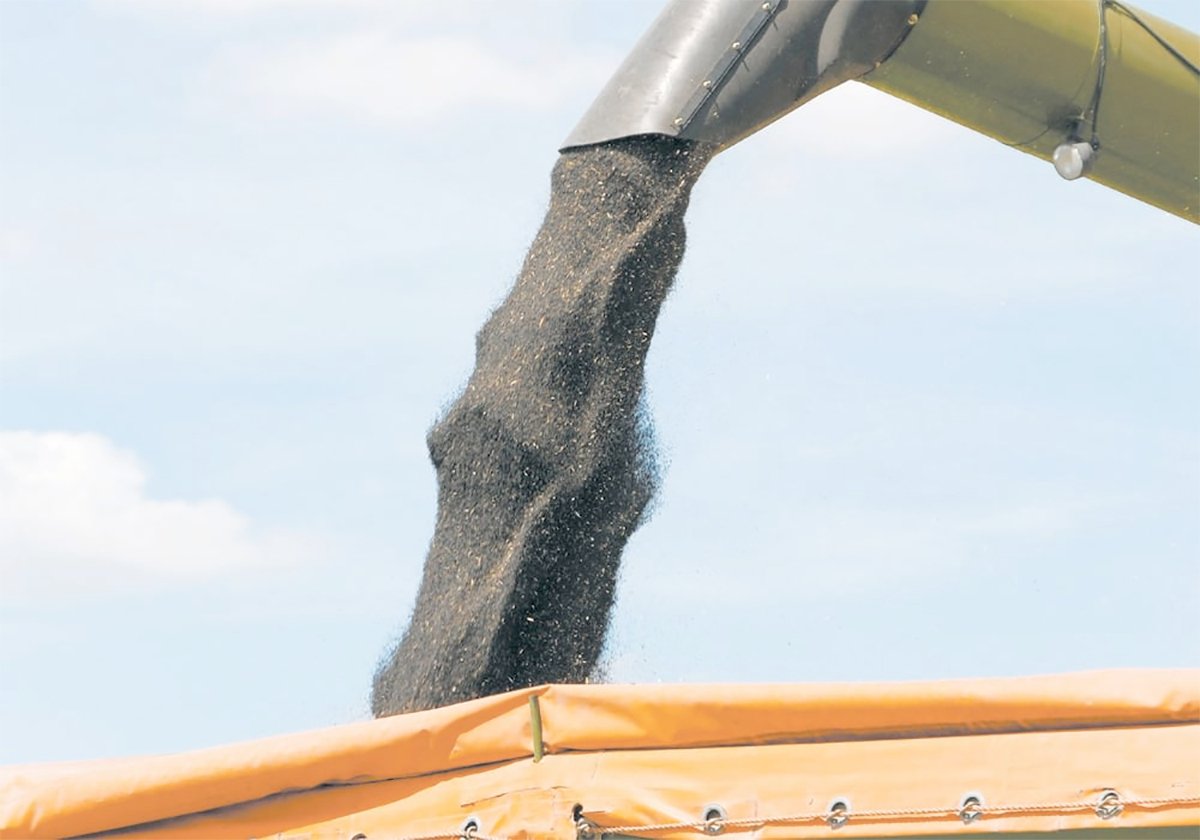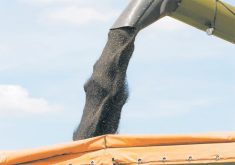Are you a Canadian who owns or is thinking about owning U.S. property?
Have you thought about buying that sunny vacation home you have always dreamed about or a piece of rental property?
Sagging U.S. real estate prices have recently provided more opportunities for Canadians to make those dreams a reality.
Invitingly low prices may get you thinking about buying in the United States, but have you consideredthe tax implications or what will happen with that property when you die?
Many Canadians don’t realize that owning U.S. property could expose them to a significant U.S. tax bill, especially if they die without safeguards to help reduce U.S. estate tax.
Read Also

Determining tariff compensation will be difficult but necessary
Prime minister Mark Carney says his government will support canola farmers, yet estimating the loss and paying compensation in an equitable fashion will be no easy task, but it can be done.
Canadians have options when limiting the amount of U.S. estate tax they will have to pay:
- Own the property jointly with a spouse or another person.
An important requirement of this option is that you and your spouse each provide your own funds. Your spouse cannot simply give you the funds to invest or give you half the interest in the property.
This option will ensure that only half of the property’s value will make up your estate on your death.
- A “non-recourse” mortgage entitles the lender to have recourse only against the property mortgaged and not against other assets. This strategy reduces your equity in the property but also reduces the value of your taxable estate.
- Life insurance is especially useful if you anticipate substantial estate taxes on your death. It offers a way to fund tax payments without requiring the sale of assets and does not form part of your estate on death.
- Plan to sell your U.S. property before your death. If you have no U.S. assets left, they cannot become part of your taxable estate. Although it is not possible to know exactly when you are going to die, this is an effective option to eliminate U.S. estate tax.
- Owning the property through a Canadian corporation is appealing because U.S. estate tax does not apply to real estate held by Canadian corporations, but it is also rife with problems and isn’t normally recommended.
For example, you may have to pay tax on income that is earned, such as interest, rent and dividends. It can also potentially result in higher tax than would be paid if the assets were held directly. If you or family members are using the property personally, Canadian tax law may result in a taxable shareholder benefit.
- It’s also possible to own U.S. property through a Canadian partnership, but this strategy is complex and would likely be used only for U.S. property worth a lot of money.
Canadians who own U.S. property face many other issues besides those mentioned in this column. Any of the preceding arrangements should be undertaken with professional advice. Talk to your adviser to see which strategy will work best for you.
Colin Miller is a chartered accountant and senior manager in KPMG’s tax practice in Lethbridge. His opinions do not necessarily reflect the views of The Western Producer. He can be reached at 403-380–5707 or by e-mail at colinmiller@kpmg.ca














